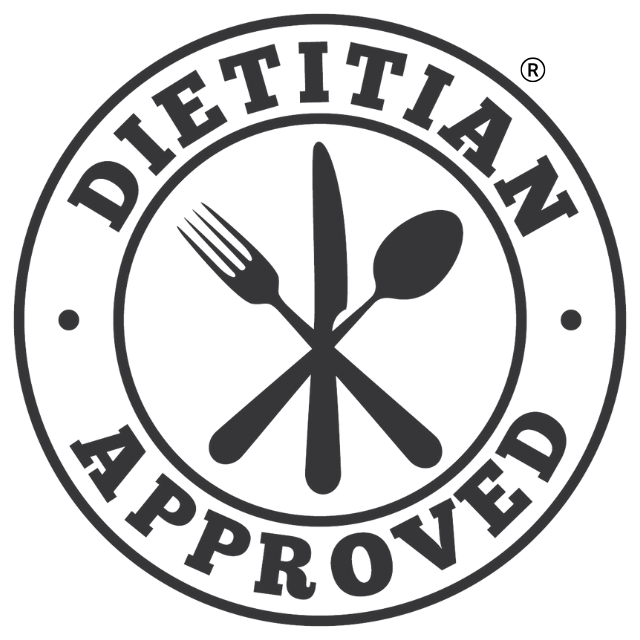
Why Sleep is the #1 Recovery Tool for Triathletes
Aug 22, 2025If you’re training hard but still feel flat, sluggish or constantly run down, it might not be your nutrition or training load that’s holding you back. It could be your sleep. And no, it’s not just about clocking more hours in bed.
In this blog, we unpack why sleep is the most powerful (and underrated) recovery tool for triathletes. With expert insights from Dr Michael Grandner, a leading sleep scientist and Director of the Sleep and Health Research Program at the University of Arizona, we’ll cover:
- What sleep actually does for recovery
- How much sleep triathletes really need
- What to do if you’re not getting enough
- Why sleep trackers aren’t always telling you the truth
- Simple strategies to get better quality sleep starting tonight
Why Sleep Matters More Than You Think
We’re used to thinking about recovery in terms of protein shakes, foam rolling and rest days. But Dr Grandner says:
"Training without recovery is just injuring yourself on purpose."
Sleep is when the real gains happen. It’s when your body repairs damaged muscle fibres, balances hormones, boosts your immune system, regulates mood and emotion, and builds mental resilience.
Cut your sleep short and you’re cutting short your ability to adapt, grow and perform.
What Happens When You Don’t Get Enough
Chronic sleep deprivation can lead to:
- Increased risk of illness and injury
- Slower muscle repair and recovery
- Poorer emotional control and higher stress
- Reduced endurance and power output
- Poor decision-making on race day
Even one bad night isn’t a disaster, but consistently poor sleep can derail your training goals.
How Much Sleep Do Triathletes Actually Need?
Forget the old "everyone needs 8 hours" rule. The sweet spot for most adults is 7–9 hours, but endurance athletes often need more.
Dr Grandner explains:
- Young or high-volume athletes may need up to 10–12 hours a night
- Sleep quality matters as much as quantity
- The more you train, the more you need to recover
Your body will take what it needs if you let it.
Can You Bank Sleep or Nap Your Way to Better Performance?
Yes, to a point. Short-term sleep loss can be offset by napping or banking sleep in advance of big sessions or races. But it’s not a permanent fix. As Dr Grandner puts it:
"How much healthy food do you need on the weekend to make up for eating junk all week? That’s not how it works."
Consistency is key.
Are Sleep Trackers Worth It?
Trackers like WHOOP, Oura or Garmin can give useful feedback, but they aren’t perfect. Here’s what they can tell you:
- Approximate total sleep time
- Trends in heart rate and recovery
- Time spent in bed
But be cautious:
- Sleep stages (REM, deep sleep) are only estimates
- They can miss awakenings or overestimate sleep
- Don’t stress about the numbers
Use them as a guide, not gospel.
How to Improve Your Sleep Quality Tonight
Try these simple strategies to boost your sleep (and your triathlon performance):
- Protect your environment:
- Use earplugs and an eye mask
- Block out light and noise
- Get your snoring partner a sleep study
- Watch what you eat and drink:
- Avoid large meals close to bed
- Limit alcohol, caffeine and fluids in the evening
- Create a wind-down routine:
- Dim the lights 30–60 mins before bed
- Avoid intense screens or emotional content
- Switch to reading or listening to an audiobook
- Be consistent:
- Keep a regular sleep/wake schedule
- Use a pre-bed routine to signal your body
- Only use your bed for sleep:
- If you can’t fall asleep, get out of bed and reset
- Train your brain that bed = sleep
Final Word: Sleep Is Your Secret Weapon
If you want to get the most out of your training, improve your recovery, and stay healthy, sleep isn’t optional – it’s essential.
Dialling in your sleep can be the difference between finishing strong or fizzling out.
Want to Level Up Your Nutrition Too?
Download our Triathlon Nutrition Checklist to see how well you're nailing the fourth leg of triathlon.
It’s 50 steps to mastery that will keep you performing at your best.
Continue learning:
Ready to take control of your performance?
Grab your checklist now and get on the fast track to triathlon success.
Don't miss a beat!
New moves, motivation, and classes delivered to your inbox.
We hate SPAM. We will never sell your information, for any reason.

